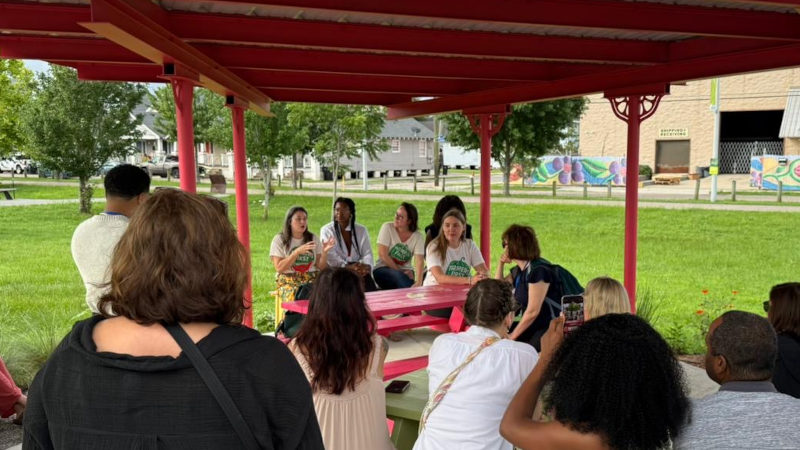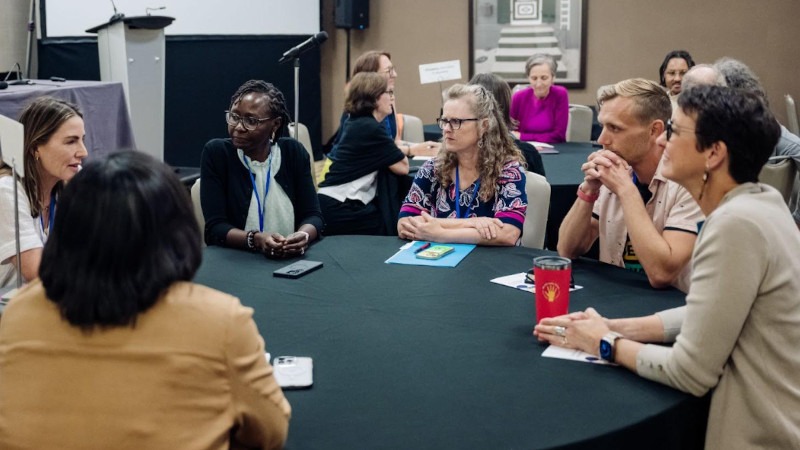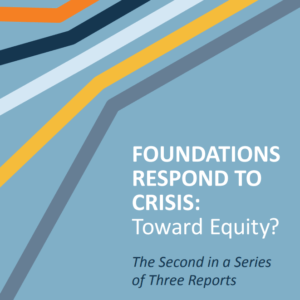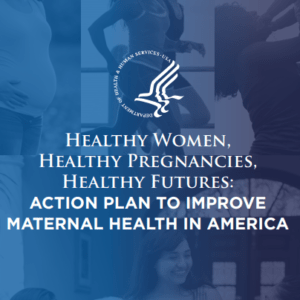Building a Collaborative Vision of the Future
Today, over 840 funders and thought leaders, representing 440 organizations, gathered in New Orleans for the largest Annual Conference on Health Philanthropy ever. Conference attendees started the day with site visits around the Crescent City and newcomer and networking lunches, rooting the week ahead in connections with the New Orleans community and each other.
Forging Partnerships for a Better Tomorrow at the Grantmakers In Health Annual Conference
The Grantmakers In Health Annual Conference pre-conference sessions kicked off today in New Orleans, a city rich in resilience and spirit. Nearly 20 years since Hurricane Katrina, we gather to be inspired by the partnerships that supported communities two decades ago, and the ones that we are forging for the road ahead.
Infosheet: Key Provisions in the House-passed Reconciliation Bill—H.R. 1, the ‘One Big Beautiful Bill Act’
An infosheet provides analysis of key health, philanthropy, and nonprofit provisions in H.R. 1, the budget reconciliation bill passed by the U.S. House of Representatives on May 22, 2025. Changes include an estimated $715 billion reduction in federal Medicaid spending including work requirements, new eligibility requirements to the Affordable Care Act that will reduce access to the ACA’s Advanced Premium Tax Credits, $300 billion in reductions to Supplemental Nutrition Assistance Program (SNAP) benefits, an excise tax on foundations, and new authority for the Secretary of the Treasury to remove the tax-exempt status of nonprofits the administration deems as “terrorist support organizations.”
GIH Announces New Board Members
Grantmakers In Health (GIH) is pleased to announce that Elizabeth Fowler, Maria Socorro Pesqueira, Qiana Thomason, Winston Wong, and Emily Yu have been elected to its board of directors.
HHS and Surgeon General Announce New Initiatives to Improve Maternal Health
The U.S. Department of Health and Human Services (HHS) released a new Action Plan to improve maternal health outcomes and reduce disparities that put Black, American Indian and Alaska Native women at increased risk of experiencing fatal complications in pregnancy, childbirth, and during the postpartum period.







